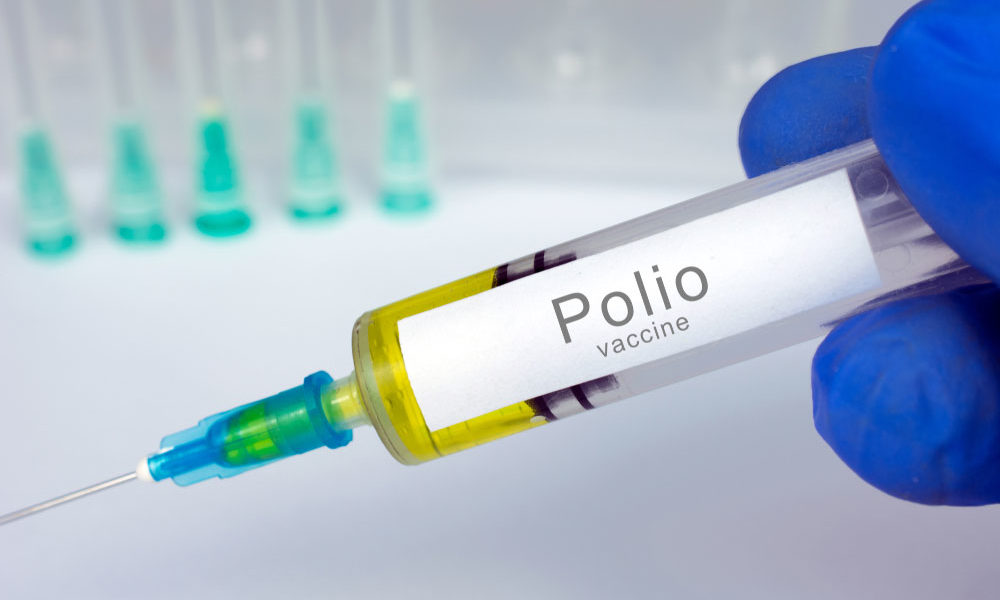Nineteen years after the Philippines was declared polio-free by the World Health Organization, the Department of Health on Thursday, September 19, confirmed the re-emergence of the disease in the country.
According to the DOH, one polio case has been confirmed in a 3-year-old girl from Lanao del Sur who is “now well at home but with residual paralysis,” while the virus has also been detected in water sewage samples in Manila and Davao.
It added that it is waiting for a suspected case of acute flaccid paralysis to be confirmed.
“A single confirmed polio case of vaccine-derived poliovirus type 2 or two positive environmental samples that are genetically linked isolated in two different locations is considered an epidemic in a polio-free country,” said DOH chief Francisco Duque III.
Polio is a highly infectious viral disease that mainly affects young children. The virus spreads from person to person and can invade an infected person’s brain and spinal cord, causing paralysis. Initial symptoms of the disease include fever, fatigue, headache, vomiting, stiffness in the neck and pain in the limbs.
WHO said there is no cure for polio and that it can only be prevented by immunization.
The last case of poliovirus in the Philippines was reported in 1993.
Importance of vaccination
According to the DOH, low vaccination coverage, and poor sanitation and hygiene are the culprits in the reemergence of the poliovirus in the country.
Earlier, Duque gave out a warning that the Philippines was at “high risk for poliovirus transmission” as there had been a drop in oral polio vaccine (OPV) coverage in the past years.
“In 2018, the vaccine coverage for the third dose of OPV was 66 percent. This figure is below the 95 percent target required to ensure that the whole population is protected against polio,” he said.
The health secretary also admitted that the decrease in polio immunization can be linked back to the Dengvaxia controversy.
“We strongly urge parents, health workers and local governments to fully participate in the synchronized polio vaccination. It is the only way to stop the polio outbreak and to protect your child against this paralyzing disease,” Duque said.
“Aside from immunization, we remind the public to practice good personal hygiene, wash their hands regularly, use toilets, drink safe water, and cook food thoroughly,” he added.



